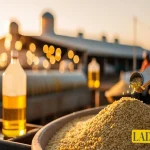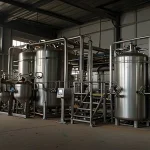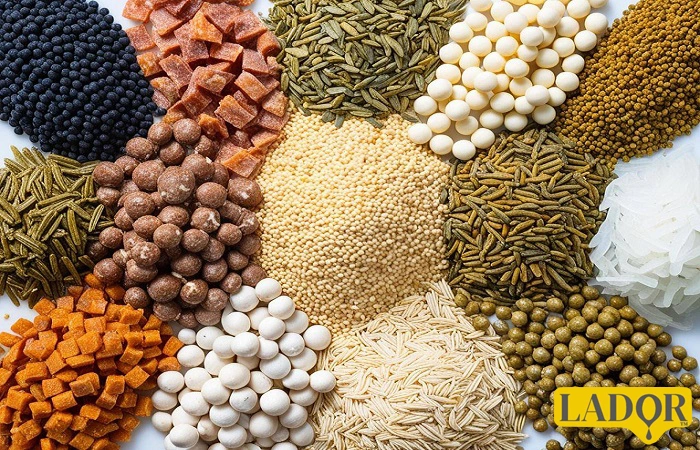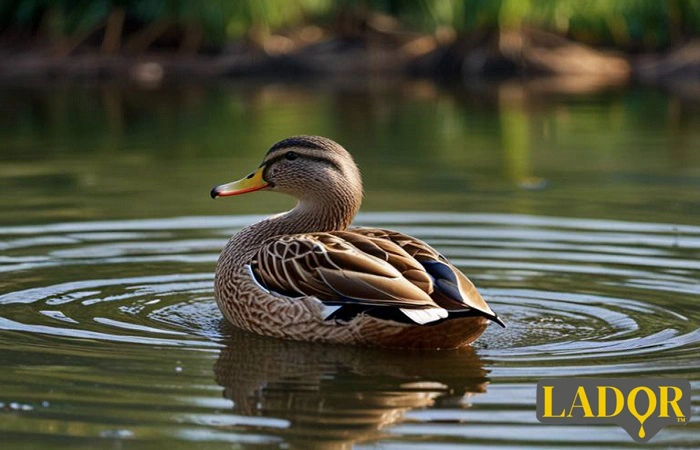

Duck nutrition facts is one of the most important factors in successful duck farming. Choosing the right feed affects the growth and reproduction of ducks and the quality of their meat and eggs. This article will examine the composition, production methods, types of duck feed, the effects of feed on ducks, and diseases caused by improper nutrition.
Duck feed should contain all the nutrients necessary for the growth and development of ducks. These nutrients include protein, fat, carbohydrates, vitamins, minerals, and water.
Duck feed is produced industrially in feed mills. In these mills, various raw materials are mixed in specific proportions, then ground and pelletized, and made available to farmers as ready-to-use feed.
Duck feed is categorized into different types based on the age and stage of the duck:
Improper nutrition can lead to various problems in ducks, including:
Deficiency in protein and energy leads to stunted growth.
Deficiency in calcium and vitamin D causes reduced egg production and soft-shelled eggs.
Deficiency or excess of certain vitamins and minerals can lead to metabolic diseases.
Improper feeding can cause digestive problems such as diarrhea and constipation.
Diseases are one of the most significant challenges in duck farming. Early detection and appropriate treatment can prevent economic losses. Some common signs of disease in ducks include:

Using formulated feed for ducks offers numerous advantages that lead to improved flock performance and increased productivity. Some of the most significant benefits of this type of feed include:
Formulated feeds, tailored to the specific needs of different growth stages in ducks, contain all the essential nutrients such as protein, fat, carbohydrates, vitamins, and minerals in precise proportions. This results in better growth, increased weight gain, and improved meat and egg quality.
With formulated feeds, ducks can utilize the nutrients in the feed more efficiently. This leads to a reduced feed conversion ratio and consequently lower production costs.
Formulated feeds ensure uniform and simultaneous growth of all ducks in the flock. This makes flock management easier and prevents losses due to competition for food.
High-quality formulated feeds contain disinfectants and immune system boosters that reduce the risk of various diseases.
In laying ducks, the use of high-quality formulated feeds increases the number and improves the quality of eggs.

Proper nutrition is a key factor in successful duck farming. Choosing the right and high-quality feed increases production, improves product quality, and reduces production costs. Therefore, farmers should consult nutrition experts to select the appropriate feed for their ducks.
Ala Sepahan Oil Factory with the Laderft brand, a producer of raw materials for the production of feed for ducks and other aquatic and poultry animals; including broiler chicken feed, colored chicken feed, seed chicken feed, duck feed, quail feed, Golpayegan chicken feed and countless other products.